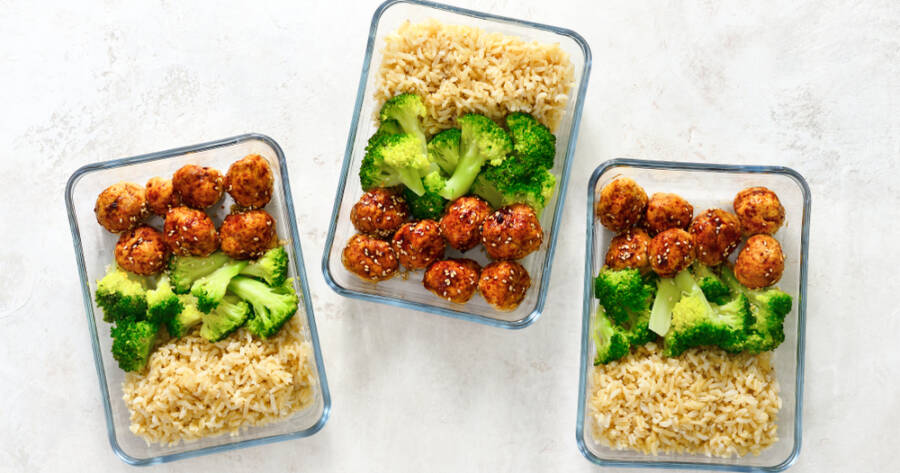Let’s face it: meal prepping isn’t for everyone. The thought of spending hours in the kitchen on a Sunday afternoon chopping vegetables and cooking bulk meals can feel overwhelming, boring, or downright exhausting—especially if you’re someone who thrives on spontaneity or just doesn’t enjoy cooking. But here’s the truth: meal prepping doesn’t have to be complicated, time-consuming, or monotonous. If you’ve avoided meal prepping because it sounds like too much work or it just doesn’t fit your lifestyle, this is for you.
1. Start Small—Really Small
The biggest mistake most meal prep newbies make is trying to do too much at once. You don’t need to prep a full week of meals in one go. Instead, start with just one or two meals you know you’ll need.
Maybe it’s breakfast for the week or a couple of lunches to take to work. Maybe it’s just chopping veggies or marinating chicken so dinner’s easier later. These little wins still count—and they build momentum.
You’re not trying to become a meal prep guru overnight. You’re simply finding ways to make your life easier.
2. Embrace the “Mix and Match” Method
If eating the same thing five days in a row makes you cringe, ditch the rigid meal plans and go for a flexible approach instead. Prep a few key components that can be used in multiple ways throughout the week.
Think:
- Grilled or roasted protein (chicken, tofu, fish)
- Cooked grains (quinoa, rice, couscous)
- Roasted or steamed veggies
- A few sauces or dressings (pesto, tahini, vinaigrette)
With these basics on hand, you can assemble different bowls, wraps, salads, or stir-fries in minutes—without getting bored.
3. Use Shortcuts Without Shame
Not everyone loves slicing and dicing, and that’s okay. Convenience doesn’t mean failure. Use pre-chopped veggies, canned beans, rotisserie chicken, frozen grains, or jarred sauces to speed things up.
Semi-homemade is still homemade. If it helps you eat better and feel more in control during the week, it’s worth it. You’re not trying to win a cooking contest—you’re just feeding yourself with less stress.
4. Keep It Realistic and Repeatable
Meal prepping doesn’t have to be fancy. In fact, some of the best meal preppers keep things super simple and repeat meals they actually enjoy. There’s no shame in eating the same smoothie every morning or rotating through three easy lunches.
The point is to reduce decision fatigue and make eating well more automatic. Choose meals that you like, that reheat well, and that don’t require 15 ingredients. Over time, you’ll build a go-to list of “easy wins” that make weekly prep feel effortless.
5. Make It Work for You
The biggest secret to successful meal prep? Do it your way. Maybe that means prepping ingredients instead of full meals. Maybe it means cooking every other day instead of doing it all at once. Maybe it’s prepping just dinner because lunch is handled at work.
There’s no one-size-fits-all system. The goal isn’t perfection—it’s reducing stress, saving time, and making eating well a little easier.
Add a podcast, light a candle, or reward yourself with a post-prep treat. Make it something you don’t dread, and it will feel less like a chore and more like self-care.
Simplify, Don’t Overwhelm
Meal prepping doesn’t have to be an all-or-nothing effort filled with matching containers and rigid schedules. For people who hate meal prepping, the key is to simplify, not complicate. Start with what makes the biggest impact, keep it flexible, and don’t be afraid to use shortcuts.
Ultimately, meal prepping should support your life—not control it. And once you find a method that fits your personality and routine, you might be surprised at how helpful—and painless—it can actually be.

